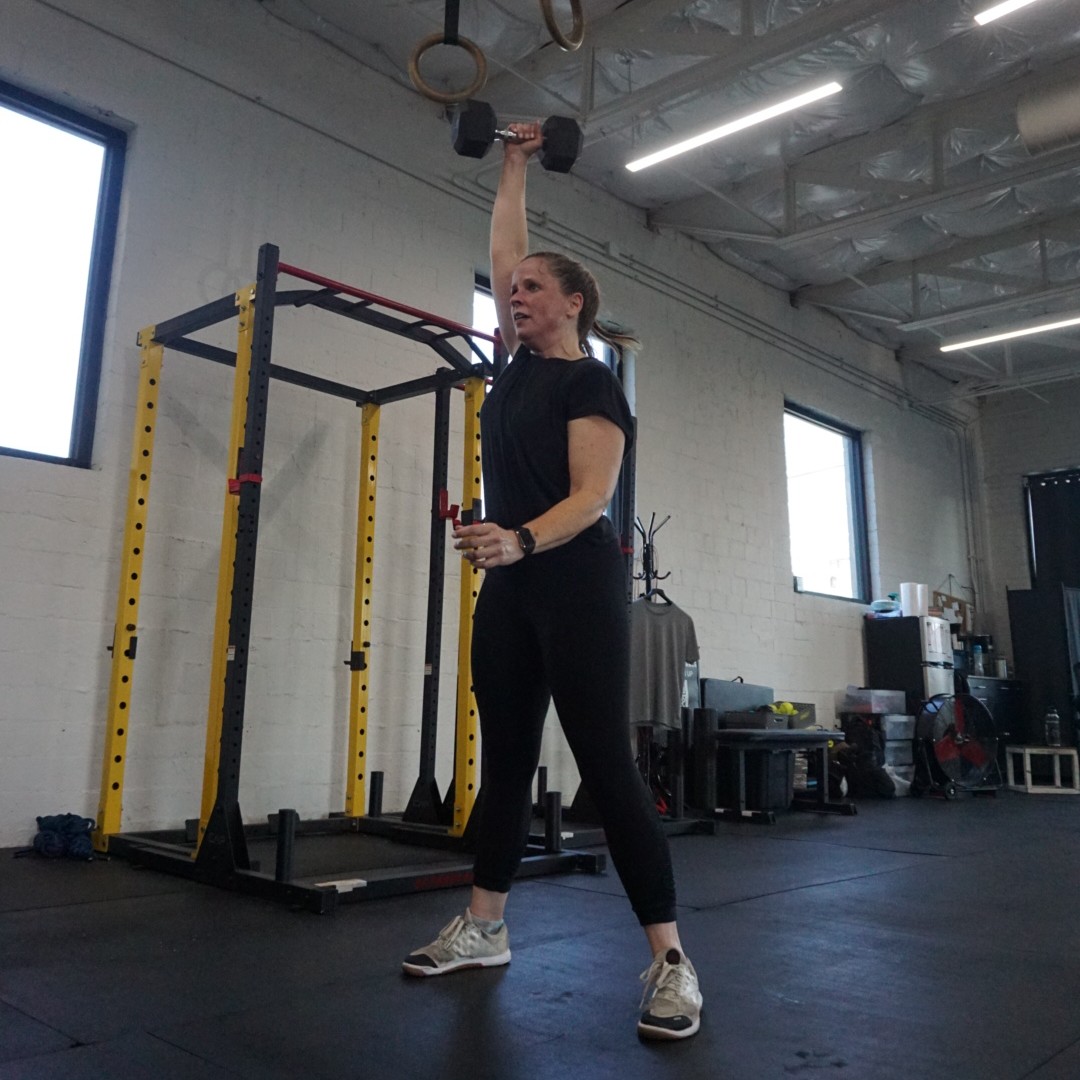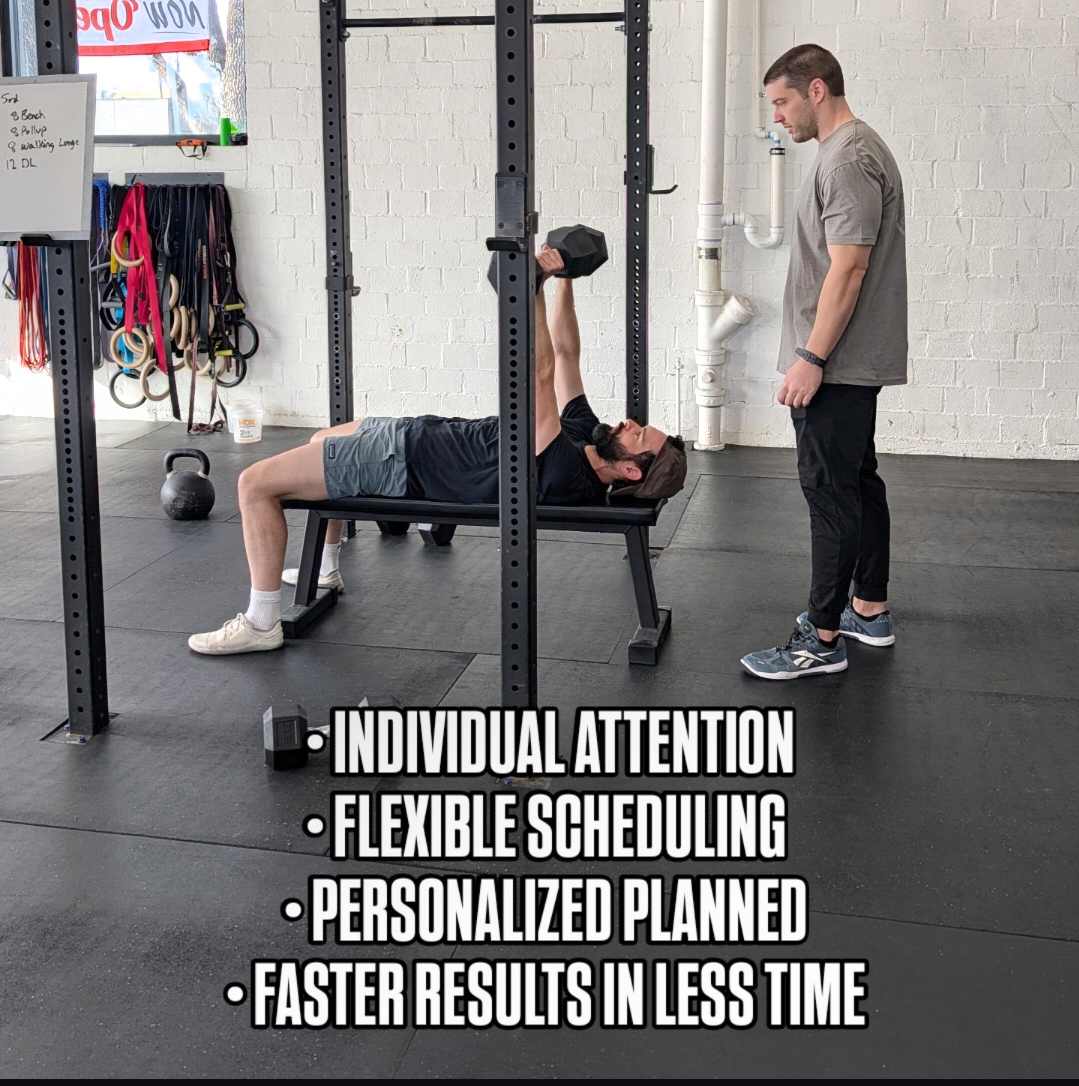By clicking “Accept All Cookies”, you agree to the storing of cookies on your device to enhance site navigation, analyze site usage, and assist in our marketing efforts. View our Privacy Policy for more information.
Testing
The Value of Testing and Resting to See Improvements
By
September 2, 2025

The Value of Testing and Retesting
Testing workouts is one of the best tools we have to get insight to how well a training cycle went. There are other ways to see the improvement but this gives an objective view, which is easier for people to digest. Done well, it gives you a clear snapshot of where your fitness is and how much progress you’ve made. Done poorly or too often, it can derail training. Let’s break down the value of testing and how to use it the right way.
What Is a Test?
A test is simply a benchmark workout or performance standard that you complete at the beginning of a training cycle. It doesn’t need to be anything fancy. It’s just a way to capture where your fitness is at that moment. The goal is to get a baseline that you can compare against later. First you would need to figure out the focus of the next training block. Then coming up with the test is pretty simple. What you are wanting to improves sheds light on what the workouts should be, what programming for the next 6-8-12 weeks is going to look like.
Why Retest?
Retesting at the end of a cycle gives you an objective look at improvement. If you set out to get stronger, faster, or build more endurance, the right test will show you whether you’ve moved the needle and the programming was effective. The type of test you retake should match the focus of your training cycle. If you’ve been working on strength, it makes sense to retest the lifts and see if you get more weight or reps. For work capacity, I like to tell people to repeat the workout the exact way they initially tested so it's accurate, even if they are capable of doing more weight for example. Obviously if retest with a heavier dumbbell in the exact same time that is an improvement. But what if you go up in weight and get a slower time? These things muddy the water a bit.
The Nature of Testing Workouts
Testing workouts don’t have to be perfect or universally meaningful. Not the greatest workout every thought up, there is no such thing. They’re tools, and sometimes arbitrary ones. As long as it is testing the things you want, it almost does not matter what the test is. I wouldn't use a 2 miles run as a strength test.
What matters is not the workout itself, but how much better you perform the second time compared to the first. The real value is in the comparison, not the specific workout.
A Glimpse
It’s important to remember that testing gives you a glimpse into the improvements you’ve made, but it’s not the full picture. When you move into a new training cycle with a different objective, you’ll likely lose a little of what you just gained. That’s normal. The key is to program intelligently so that while you’re improving in another area, you maintain as much of your past progress as possible. During our recent Capacity cycle, we had multiple people PR their deadlift and everyone was able to get very close to a PR. If everyone had a significant drop off in their strength, I know something needs to be corrected in the programming.
Why Testing Should Be Rare
True testing workouts require a level of physical and mental effort that takes time to recover from. If you test too often, you may start losing more ground than you’re gaining. Testing should be reserved for the start and end of a cycle, sometimes in the middle if you have a longer cycle, not treated like regular training. That said, you can still see and feel improvements during a cycle if you’re paying attention, better bar speeds, smoother reps, improved recovery, or workouts that once felt hard now feeling manageable. Repeating a workout you like and seeing that you happened to improve isn't really testing because there is a mindset component to it. I like to do "Helen" but I don't treat every time I do it like a true test.
Bottom line: Testing and retesting is valuable. We are retesting workouts this week in the gym. It gives you feedback on the programming, but it's also an honest evaluation of if members have been doing their side of things. Recovery, consistency, movement quality, and thinking about their strategy. If no one improves then it is fair to blame the program. If you seem to be the only one that did not progress, and you know you have been eating like a child, sleeping terribly, and not showing up consistently, then you are the problem. The improvements happen in the weeks between tests, that's why consistency is King.





